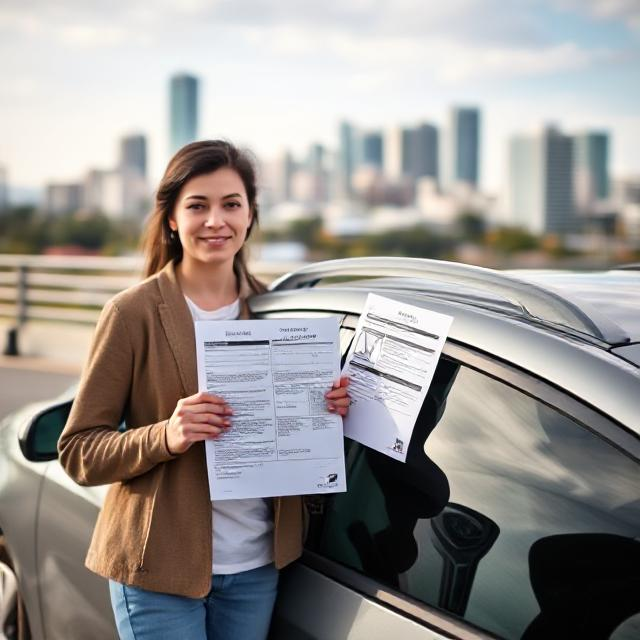Car insurance is something most people associate with owning a vehicle—but what if you drive often and don’t actually own a car? That’s where non-owner car insurance steps in.
Whether you rent cars regularly, borrow from friends, or use car-sharing services like Zipcar or Turo, non-owner car insurance can protect you from major financial risks. In this article, we’ll explore what this unique type of policy covers, who it’s best for, and when it makes sense to get one.
🔍 What Is Non-Owner Car Insurance?
Non-owner car insurance is a liability policy for people who drive cars they don’t own. It’s designed to cover bodily injury and property damage you might cause in an accident while driving a borrowed or rented car.
Unlike traditional car insurance, it doesn’t cover the car itself or any physical damage to it. Instead, it protects you, the driver, from the financial fallout of causing harm to other people or property.

✅ What Does It Cover?
Here’s what non-owner insurance usually includes:
- Bodily Injury Liability: Covers medical bills if you injure someone in a crash.
- Property Damage Liability: Pays for damage to another person’s car, fence, or property.
- Legal Defense Costs: If you’re sued after an accident, this can help cover attorney fees.
🚫 What it usually doesn’t cover:
- Damage to the car you’re driving
- Injuries to yourself
- Comprehensive or collision coverage
- Towing or roadside assistance
- Rental car reimbursement
Some insurers may allow optional add-ons, but the core of this policy is liability protection only.
👤 Who Should Consider Non-Owner Car Insurance?
Non-owner car insurance is ideal for:
- Frequent car renters: If you rent cars regularly, this policy can serve as a primary or secondary liability coverage, potentially saving you from buying expensive coverage at the rental counter.
- People between cars: If you’ve sold your car but still want to stay insured (to avoid a lapse in coverage, which could raise future premiums).
- Car-share or rideshare users: If you often use services like Zipcar, it’s worth considering.
- Drivers who borrow cars often: Even if a friend’s insurance covers you, having your own policy gives extra protection and peace of mind.
- SR-22/FR-44 requirements: If the state requires you to carry insurance (often due to a DUI or traffic violation), a non-owner policy can help you get back on the road legally—even without a car.
💰 How Much Does It Cost?
Non-owner car insurance is generally much cheaper than standard policies because it doesn’t cover a vehicle directly.
On average, you can expect to pay:
- $200–$500/year depending on your driving history and state
- Higher if you have a recent accident, DUI, or need an SR-22
It’s a budget-friendly way to maintain continuous coverage—and potentially keep your future rates low.
📝 How to Get Non-Owner Car Insurance
Getting non-owner insurance is usually straightforward. Here’s how:
- Compare quotes online: Not all insurers offer this policy, so you may need to check with major providers like GEICO, State Farm, or Progressive.
- Provide your driving history: Be ready to disclose any recent tickets or accidents.
- Ask about SR-22 (if needed): Let the insurer know if the state requires proof of financial responsibility.
- Finalize your coverage: Choose limits based on your needs—many states have a minimum, but you may want more protection.
⚠️ Things to Keep in Mind
No coverage for the car you’re driving: The owner’s insurance is still the primary coverage for that vehicle.
- Not for regular use of the same car: If you live with someone and frequently use their vehicle, the insurer may require you to be listed on their policy instead.
- Varies by state: Some states have specific rules or restrictions—always double-check with your insurer.
🏁 Final Thoughts: Is It Right for You?
If you don’t own a car but find yourself driving often a smart way to stay protected without overpaying. It fills a unique gap in the market—offering liability coverage when you need it, without tying you to a specific vehicle.
Whether you’re a city dweller who rents cars on weekends or a driver trying to meet legal insurance requirements, this policy could be the affordable, flexible solution you’re looking for.
Drone Insurance: Navigating the Skies with Confidence
